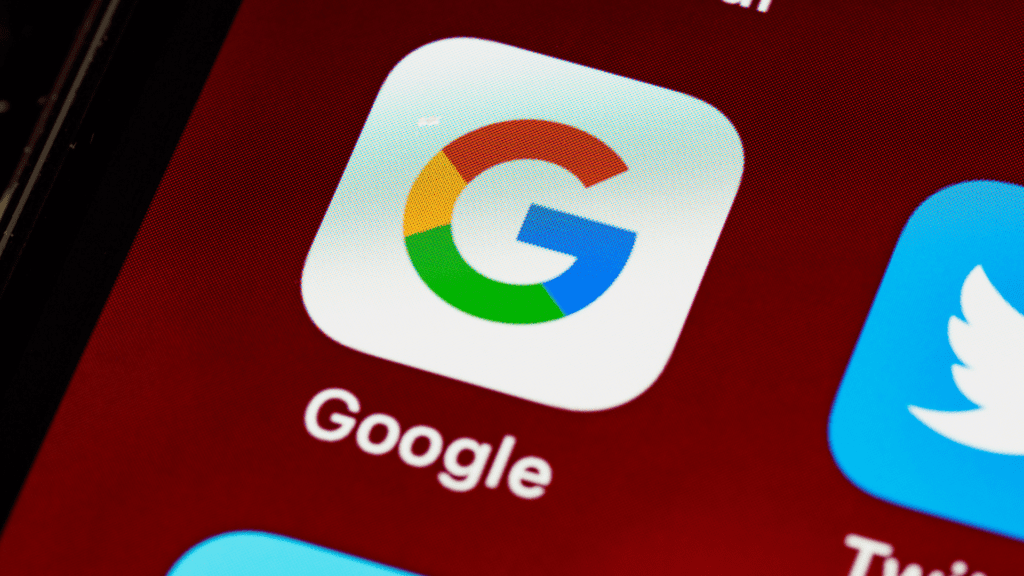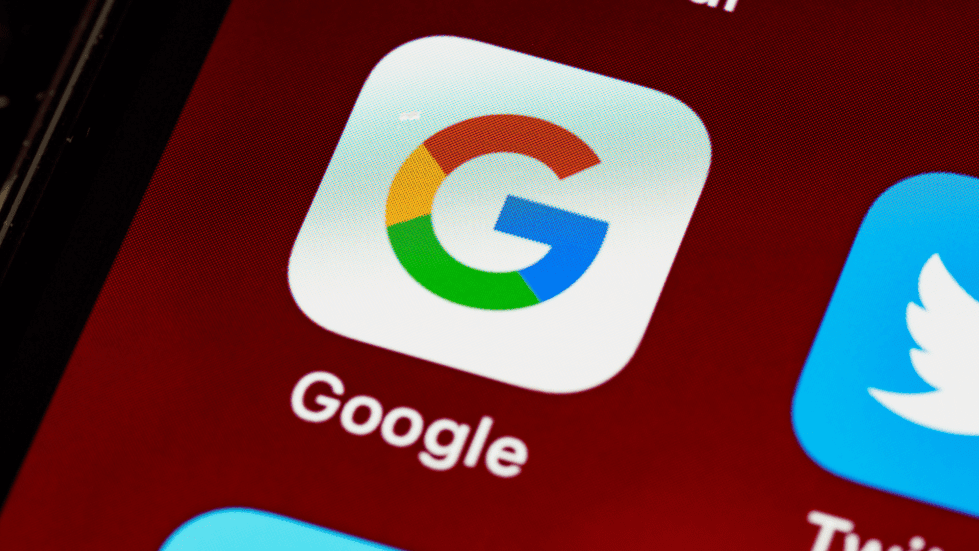

The multistate coalition of attorneys general began investigating Google following a 2018 Associated Press article that revealed Google “records your movements even when you explicitly tell it not to.” (Pexels)
Google agreed to a $391.5 million settlement with 40 states Monday over charges that the company tracked users’ location data even when asked not to.
Delaware will receive more than $4.3 million from the settlement. The money will go toward the Delaware Department of Justice’s Consumer Protection Fund, allowing it to do future work without drawing on taxpayer dollars.
Attorney General Kathy Jennings said the ruling shows the state’s commitment to protecting citizens’ personal data and “ensuring Delawareans are able to make informed decisions regarding their highly sensitive information.”
Location data is a key part of Google’s digital advertising business, Jennings said. Google uses the personal and behavioral data it collects to build detailed user profiles and target ads on behalf of its advertising customers.
“Location data is among the most sensitive and valuable personal information Google collects,” a Department of Justice news release said. “Even a limited amount of location data can expose a person’s identity and routines and can be used to infer personal details.”
The multistate coalition of attorneys general began investigating Google following a 2018 Associated Press article that revealed Google “records your movements even when you explicitly tell it not to.”
The article focused on two Google account settings: location history and web & app activity.
Location history is “off” unless a user turns on the setting, but web & app activity — a separate account setting — is automatically “on” when users set up a Google account, including all Android phone users.
The attorneys general found that Google violated state consumer protection laws by misleading consumers about its location-tracking practices since at least 2014.
Google settlement
According to the settlement, Google caused users to be confused about:
- The scope of the location history setting;
- The fact that the web & app activity setting existed and also collected location information; and
- The extent to which consumers who use Google products and services could limit Google’s location tracking by adjusting their account and device settings.
As a result, Google must:
- Show additional information to users whenever they turn a location-related account setting “on” or “off”;
- Make key information about location tracking unavoidable for users (i.e., not hidden); and
- Give users detailed information about the types of location data Google collects and how it’s used at an enhanced “Location Technologies” webpage.
The settlement also limits Google’s use and storage of certain types of location information and requires Google account controls to be more user-friendly.
Read more
- Delaware to get about $8 million from JUUL settlement
- Purdue Pharma agrees to new opioid settlement after Delaware, other states appeal
- 1,500 Delaware borrowers to get loans forgiven, restitution in Navient settlement
- DOJ: Buffett-owned mortgage firm guilty of redlining in NCCo
- Wawa to pay Delaware 450K over 2019 data breach
- TurboTax owner to pay $400K to Delawareans after ‘misleading’ users


Share this Post




